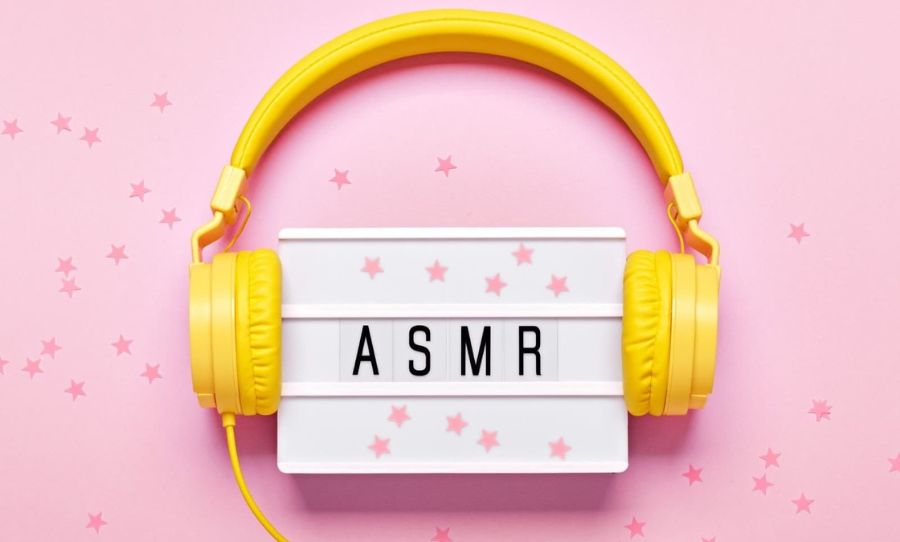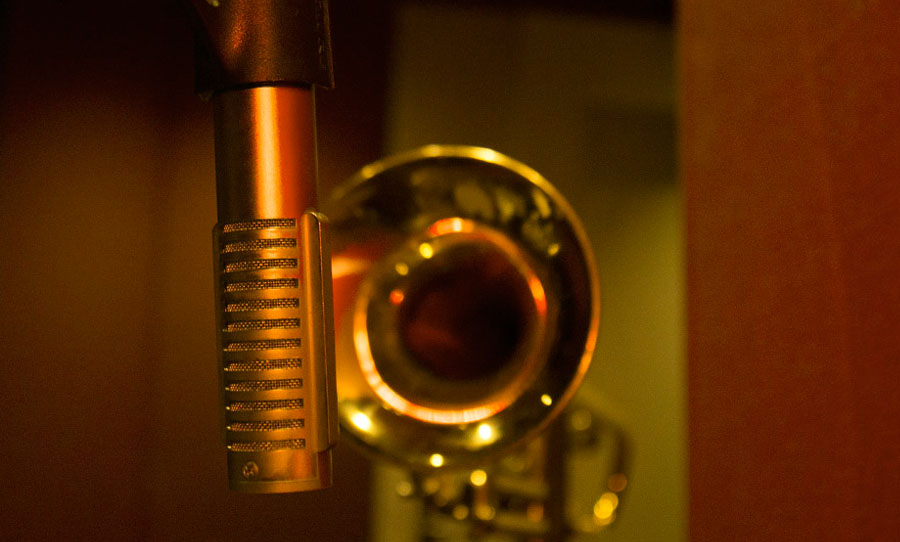Recording music can be heartbreakingly expensive. Now we have that elephant out of the room, we’ve tried to list a few ways to ease this heartbreak.
While there seems to be no way to spend not capital at all and get a decent sounding recording, here are a few simple things that can help retain those fat stacks in your wallet.
While there’s an infinite amount of tips we could give about recording, here are a few to help you squeeze everything you can out of your gear.
It’s Not The Size, It’s How You Use It
An intimate knowledge of your gear can save you valuable time and money. Knowing which microphone to place where and how to use it is like having the right tools for the job. You wouldn’t buy a hammer if you needed a screwdriver, would you? Having said that, use that screwdriver if you think it’d sound interesting. For example, on some occasions we use an AT2020 on almost everything – guitar cabs, vocals, bass cabs and sometimes as a mono overhead. Experiment and get to know your gear better.
Look After Your Gear
As a lecturer stressed to me after dropping a matched pair of Rode NT1as on my first day of class, microphones lose their quality every time they are dropped or simply not cared for. It’s probably obvious, but looking after gear means it will last longer and you don’t have to buy it again. Store microphones away from dust, direct heat and when they’re not in use, in their cases. Turn your speakers off after use. These are the sorts of things that make your gear last longer and save you money in the long run. The same can be said for the instruments being recorded. Fixing the intonation on a guitar, tightening up lugs on toms and tuning a kit just right can make your recordings go from ‘blah’ to ‘nah nah yeah’. It helps to learn how to do these things yourself – the Internet is your oyster, as they say. There are tutorials on YouTube for practically everything.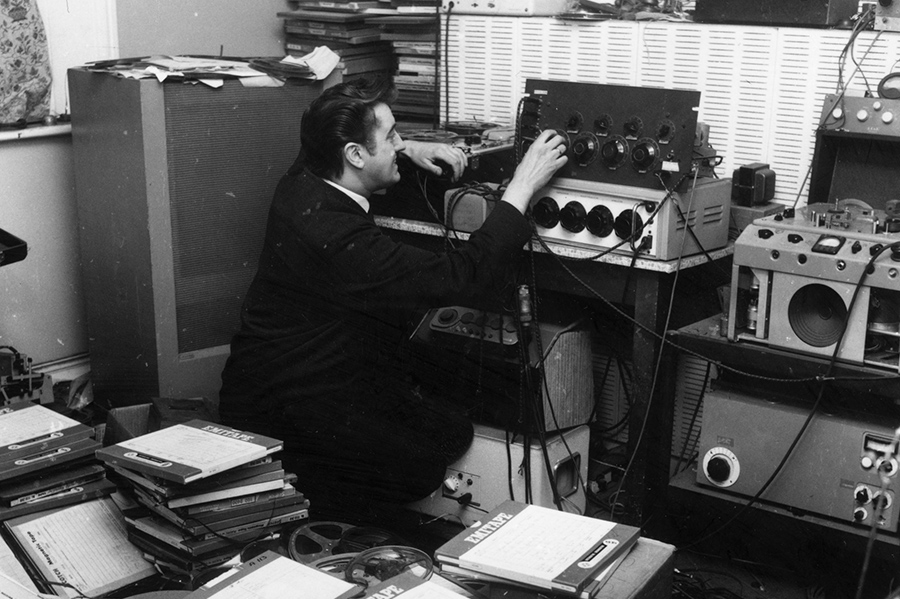
Know Your Limitations
Your record isn’t going to sound like it was recorded at Abbey Road no matter how much processing you do, so why try? Every recording has its own sonic character, perhaps more so when using cheaper gear. Embrace it. Open your arms to mechanical noise and buzz. Of course, this depends on the style of music being recorded. It’s possible to minimize these things with foam insulation and having a few spare leads, but there comes a time where you’re nitpicking. Let the performance speak for itself, which brings me to the next point.
Your Output Is Only As Good As Your Input
As my old man fondly used to remind me, ‘shit in, shit out’. If you spend time making sure your microphone placement is solid and signal flow is correct, the mixing and mastering jobs will be a lot smoother. Smoother usually means less time spent, and less time spent means less cash spent. It helps for the ‘talent’ to be well rehearsed and know their parts so time isn’t wasted arranging and rehearsing in the studio. If time isn’t an issue, it can help to watch the band in a rehearsal or show, and maybe even record a quick demo with them before getting into the nitty-gritty. Time spent nutting out arrangement issues in the studio is time wasted.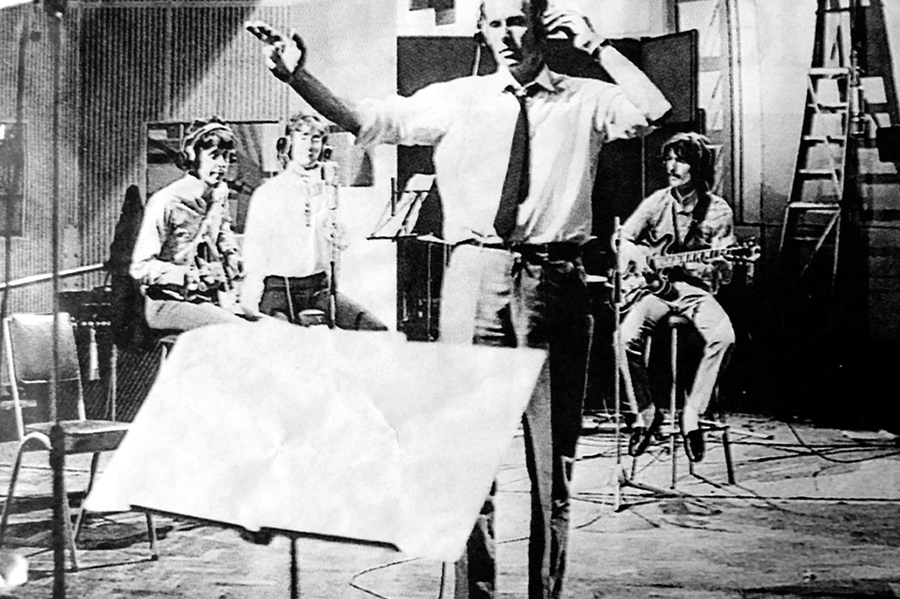
Dollars In Don’t Always Mean Dollars Out
When spending money on gear, consider this: you’re better off with a small arsenal of cheaper microphones than one spiffy top of the line model. While it’d be nice to be able to spend a few grand on a microphone, it just isn’t necessary to get a decent recording. Pawnshops and eBay are your friend. Of course, do your research and only buy what you need. Again, the Internet’s opinions are worth listening to. Just don’t spend your rent money on what seem like amazing deals at the time. Trust me.
Choose Your Studio With Studied Care
When picking a studio, do yourself a favour and do some research. While there are some amazing studios in Sydney, spending thousands at the high-end studios just isn’t necessary if you’re recording a grindcore band. Use that noggin. Listen to the records various studios have produced and compare them to what you’re doing. Digital recording means that you can also record guitar and bass parts in your shoebox at home and record drums in a nice big live room, if that’s what is wanted. Make the recording work to your budget, not the other way around.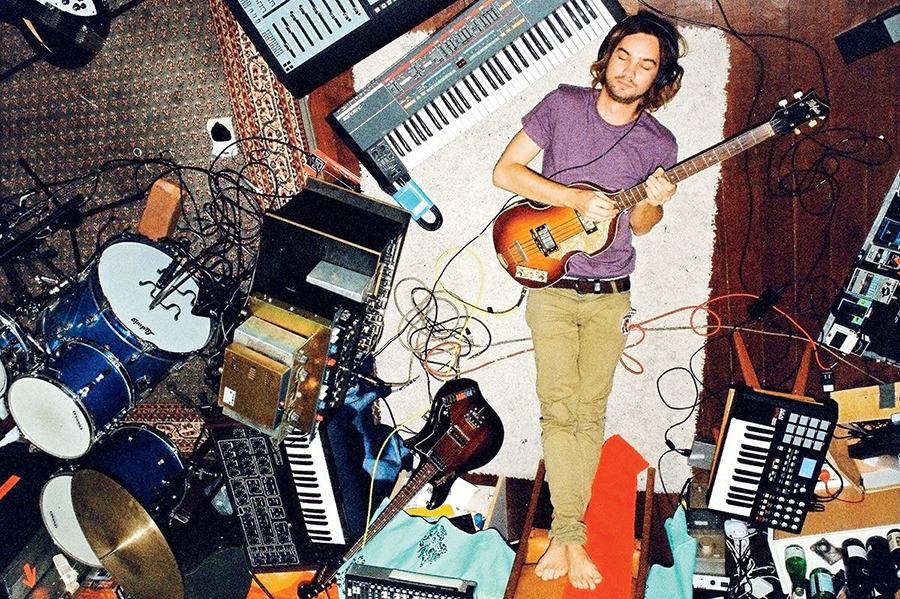
Become Your Own Master
…but perhaps not mastering engineer. Having a separate set of ears on a recording often clears up any qualms had about specific parts. Spending hours laboriously editing one kick drum hit can seem pointless if no one else can hear the mistake. Mastering engineers also compress your tracks and add that extra bit of ~sparkle~. Picking the right engineer to suit the music being recorded is vital – you wouldn’t go to a dentist for a broken arm, so why send tracks to the wrong engineer for the job? Again, do your research.
A lot of this might seem like plain common sense, but you’d be surprised at how much money you can save by thinking these things through. There is nothing wrong with spending buckets of cash on recording, if you’ve got it. But often you just have to come up with different solutions. The ability to buy affordable recording software and learn how to use it by watching free YouTube tutorials is outstanding. Go forth and make cheap recordings!
Another interesting piece you can read in this vein is ‘How to promote you band 101′ – published by our mates over at Happy Mag.
